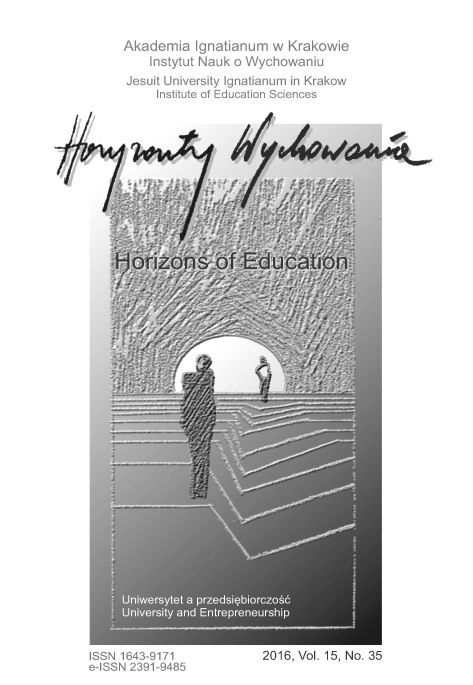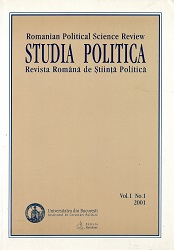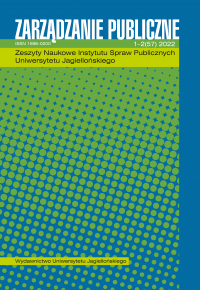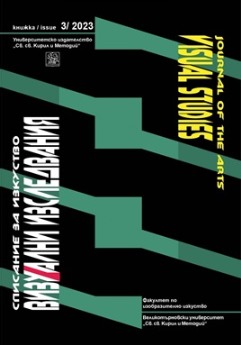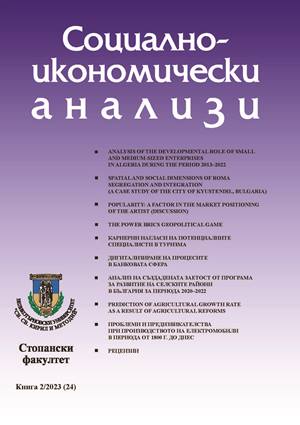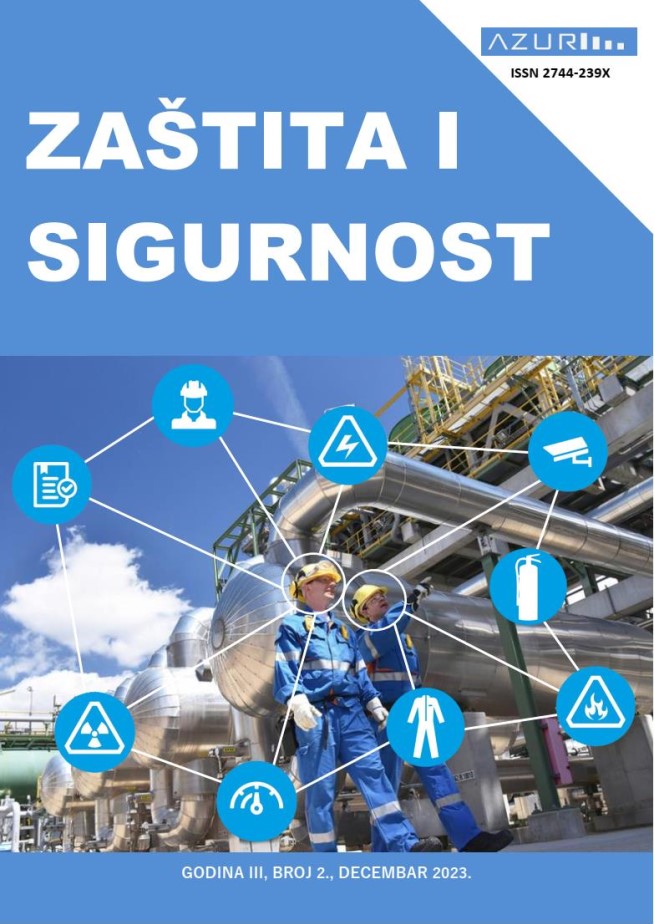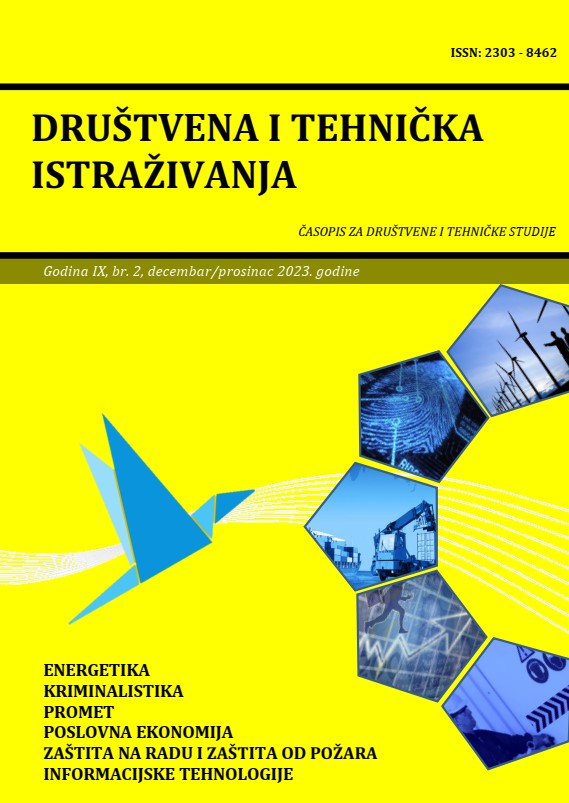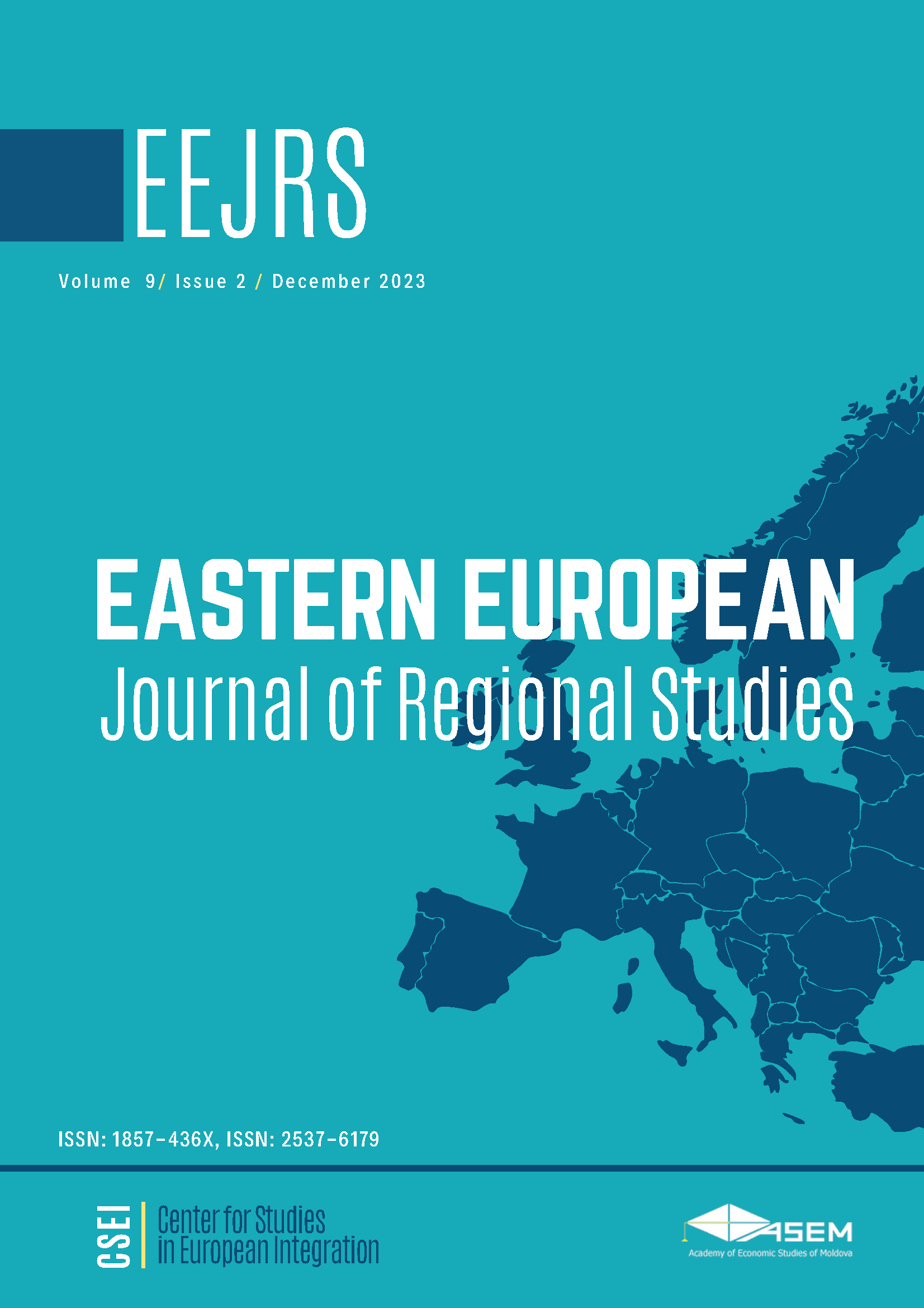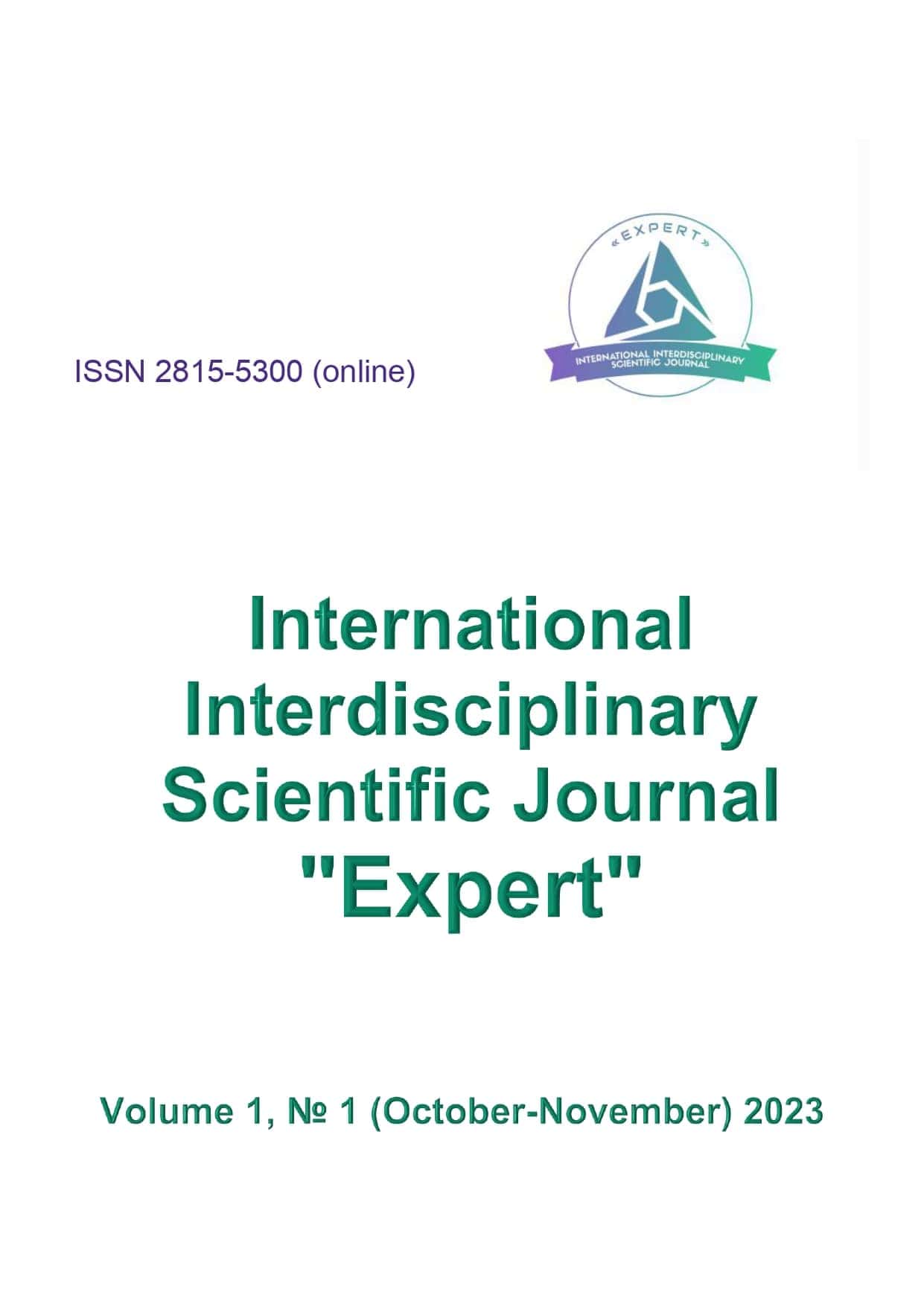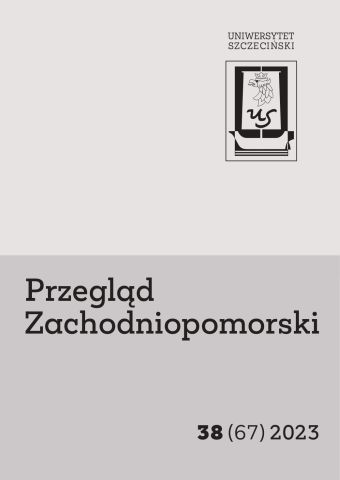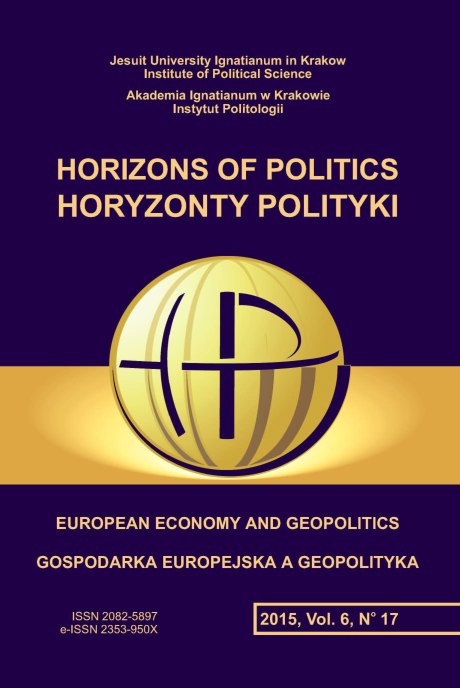
Geopolitics and the Development of Internationally Oriented Companies
The increasing complexity of management in the global environment creates a need for a deeper understanding of the nature of relations between geopolitical occurrences and the development of Internationally Oriented Companies. Therefore, following a literature review, a conceptual model, including the determinants of development of Internationally Oriented Companies and the geopolitical processes, is proposed. The main research hypothesis states that Internationally Oriented Companies not only profit from their environmental opportunities, but also shape their operating environments in order to gain influence over the foreign policy-making of states. The paper provides its positive verification. The role of weak signals in the early identification of such behaviours is mentioned. A conclusive postulate of transcribing the elaborated model into a computer application for geopolitical decision-making for managers has been formulated.
More...
